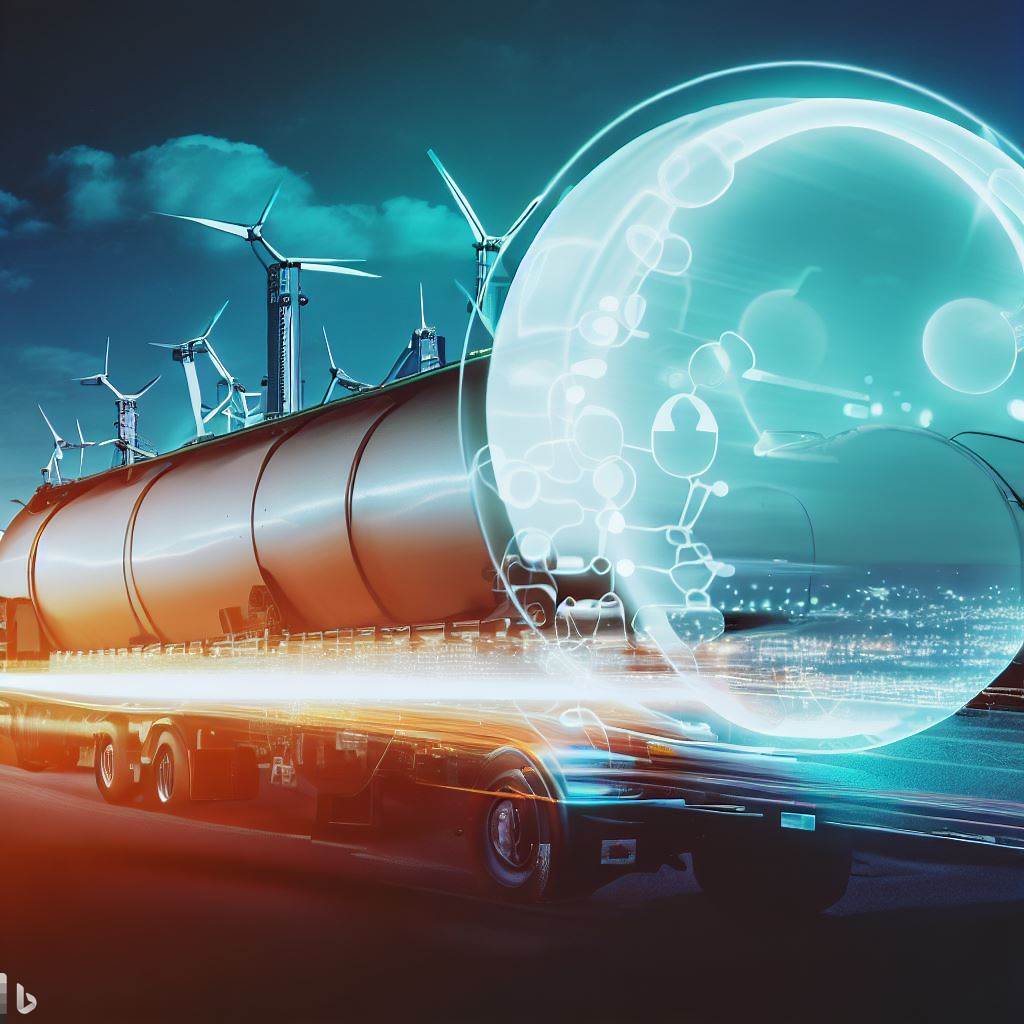ERP for Fuel and Energy Logistics: Ensuring Efficient Supply Chain
Fuel and Energy Logistics Made Efficient with ERP Solutions. Explore how Enterprise Resource Planning (ERP) addresses critical challenges in transporting energy resources, streamlines operations, and ensures compliance in the fuel and energy logistics industry. Elevate your business with ERP integration.
The fuel and energy logistics business faces numerous pain points and bottlenecks due to the critical nature of transporting energy resources. However, implementing an Enterprise Resource Planning (ERP) system can offer effective solutions to address many of these challenges.
Benefits of ERP Implementation for Fuel and Energy Logistics
Safety Concerns:
ERP’s safety management module ensures adherence to safety protocols during fuel transportation.
Regulatory Compliance:
ERP’s compliance tracking features navigate strict regulations and permits for fuel transportation.
Fuel Quality Control:
ERP’s quality management module monitors and maintains fuel quality during transportation.
Fluctuating Fuel Prices:
ERP’s cost analysis tools optimize fuel procurement and pricing strategies.
Limited Storage Capacity:
ERP’s inventory management module optimizes storage utilization for efficient fuel reserves.
Supply Chain Disruptions:
ERP’s data analytics provide insights to mitigate disruptions in the fuel supply chain.
Fuel Theft:
ERP’s security measures and real-time monitoring help prevent fuel theft.
Environmental Impact:
ERP’s sustainability features promote eco-friendly fuel transportation practices.
Weather Constraints:
ERP’s real-time tracking enables proactive measures during adverse weather conditions.
See How My Company Can Massively Automate Your Company Departments
Custom CRM Development – For Organizations to manage its Customer Interactions in addition to Sales, Marketing, Billing, Products, Services, Contacts, Customer Support, among other things.
Custom ERP Development – For Manufacturers to handle BOM, Quotation, Order, RFQ, PO, SOA, Manufacturing, Trading, Inventory, Quality Control, Logistics, Shipments, and so on.

Transportation Infrastructure:
ERP’s logistics optimization ensures reliable and efficient fuel delivery routes.
Delivery Timelines:
ERP’s automated scheduling and route optimization meet strict fuel shipment schedules.
Documentation Management:
ERP’s centralized data management streamlines extensive paperwork and compliance documentation.
Equipment Maintenance:
ERP’s maintenance module ensures timely servicing of fuel transportation equipment.
Transportation Distance:
ERP’s logistics planning optimizes long-distance fuel transportation to remote energy sources.
Handling Fuel Spills:
ERP’s emergency response planning prepares for fuel spill contingencies.
Carrier Selection:
ERP’s carrier management module identifies and collaborates with reliable carriers specialized in fuel logistics.
Customs and Border Control:
ERP’s compliance tracking navigates international customs and border control regulations.
Fuel Quality Testing:
ERP’s quality control features facilitate fuel testing at various stages of transportation.
Emergency Response Planning:
ERP’s contingency planning module develops emergency response plans for fuel transportation.
Fuel Taxation:
ERP’s financial management ensures accurate fuel taxation compliance.
Labor Shortages:
ERP’s human resources management module assists in recruiting and retaining skilled fuel transportation personnel.
Competitive Pricing:
ERP’s pricing optimization tools help maintain competitiveness in the energy market.
Fuel Consumption Tracking:
ERP’s data analytics monitor fuel consumption for efficient planning.
Remote Location Challenges:
ERP’s logistics optimization handles challenges in transporting fuel to remote areas.
Payment Reconciliation:
ERP’s financial management streamlines payment reconciliation for fuel transactions.
Packaging and Labeling:
ERP’s inventory management ensures proper packaging and labeling of fuel shipments.
Technology Integration:
ERP’s real-time tracking and visibility provide insights into fuel shipments.
Infrastructure Limitations:
ERP’s asset management module addresses limitations in fuel storage and transportation infrastructure.
Risk Management:
ERP’s data analytics identify and mitigate risks associated with fuel transportation.
Public Perception:
ERP’s customer relationship management module manages public perception and addresses concerns regarding fuel transportation.
Implementing an ERP system tailored to the fuel and energy logistics industry streamlines operations, enhances efficiency, improves accuracy, and allows for better decision-making, empowering businesses to overcome challenges and thrive in this critical sector.
